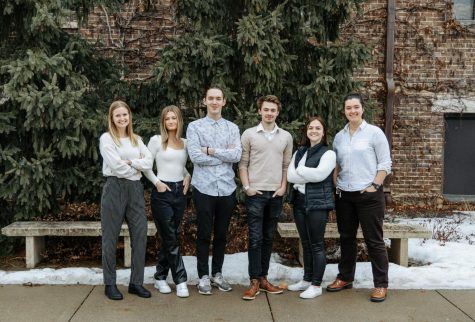WSU students talk testing positive
Despite safety measures in place, WSU students continue to test positive for COVID. Infected students face immense pressure to keep up with classes at the same time they fear for their future during the pandemic.
September 30, 2020
Throughout the COVID-19 pandemic, the consensus from the Center for Disease Control (CDC) and World Health Organization (WHO) has been that the people most likely to be hospitalized or die from the virus are elderly, immunocompromised or those lacking access to adequate testing and healthcare. Because of this, many measures have been implemented to help protect the most vulnerable.
However, when college students returned to campuses across the country, horror stories about what college students endured rose rapidly. Though Winona State University has taken many measures to slow the spread of COVID-19, students are still testing positive.
Kendra Swenson, a fourth-year social work major with a minor in child advocacy studies and criminal justice, said her experience with COVID was nothing to joke about. After being notified of being exposed at work and experiencing mild symptoms, Swenson tested positive for the virus. After that, she began to isolate as her symptoms worsened.
“I had a really high fever of above 103 for almost four days straight. My fever was this high even with taking Tylenol every three to four hours,” Swenson said. “Along with the high fever, I had really bad body aches that kept me pretty much confined to my bed for a good four to five days. I also felt a lot more tired than usual, and I lost my sense of taste and smell.”
On top of those symptoms, Swenson said she had a migraine for the duration of those five days. She said it took a little over two weeks to “feel like a functioning human again.”
Though Swenson has since tested negative for COVID, she says that she still experiences symptoms from when she was sick.
“I have since tested negative; however, I still do not have full taste and smell back. I get a migraine pretty often now, and I have a semi-persistent headache that is just always lingering,” Swenson said. “So, although I can function for the most part again, I am still feeling the effects of getting the virus and I am two and a half weeks past testing positive.”
Because Swenson is a student at Winona State, she said she also had to be concerned about school and work while being infected. Swenson says that for school, she thinks she was lucky.
“Most of my professors were very gracious with schoolwork and gave me extra time if I needed it to get things done for the week that I was really sick. I still attended all of my Zoom lectures, but that was about all I did. I fell behind a little bit which I am finally getting caught up from now,” Swenson said.
Swenson also had to call out of work for two weeks as to not spread the virus. She says that has been a financial struggle, but that she felt more guilty than anything for making other people cover her shifts.
On top of work and school, Swenson said she had to work hard to make sure her roommates did not get sick. Swenson and her roommate avoided being in the same room at the same time, but Swenson said it took more than that to keep her roommate safe.
“I had to be careful with was making sure I sanitized anything I touched,”
Swenson said. “The biggest thing we had to be wary of was our shower schedule. When you test positive, you are supposed to have a bathroom just for the sick person. We only have one bathroom in our apartment, so we had to make sure that the shower especially was totally dry before someone else showered, so we didn’t risk air particles infecting someone.”
Now that Swenson is no longer positive for the virus, she is free to leave isolation. However, Swenson said having COVID was very impactful on how she views her role in community health.
“Having the virus took a lot out of me, and I am a healthy and young person,” Swenson said. “If the virus could hit me this hard, I am worried how hard it could hit some of the more vulnerable people in our community.”
Jenny Friedmann, a third-year psychology major with a minor in criminal justice, tested positive for COVID after being exposed during dinner with her boyfriend’s family. By the time she got tested, she had already been experiencing symptoms for a few days, but wrote them off as severe seasonal allergies.
After discovering that her boyfriend’s brother tested positive, Friedmann began to experience symptoms she could no longer explain away as allergies. She described having congestion, sinus pressure, a very sore throat, aching muscles and a headache that would not go away. After a week of her confirmed positive status, she also lost her senses of smell and taste.
When she started to feel like she was no longer healthy, Friedmann decided to go home.
“I was exposed over the Labor Day weekend and I came back down to Winona and was with my roommates for two days before I went back,” Friedmann said. “I went home because I felt sick and I just didn’t want to be here, and because of the two-week quarantine on campus, I decided to go home.”
Once she tested positive, she had to stay in her room at home or leave with a mask on. Friedmann said she washed her hands constantly, stayed away from her mom, used a separate bathroom and was overall hyperaware of everything she touched. After her symptoms eased, she left isolation and came back to Winona.
“I went off of the Minnesota Department of Health’s guidelines that say that ten days after your symptoms start, you’re supposed to be unable to spread [COVID],” Friedmann said. “It wasn’t until closer to fourteen days after my symptoms started that they started to go away, and I came back here. After a month of being exposed, I still have limited taste and smell.”
Friedmann says that being a college student while having COVID was immeasurably difficult, especially as she was trying to keep up with classes.
“[The virus] messed with my brain a lot. I couldn’t write a complete sentence or a sentence that made sense,” Friedmann said. “I was unable to focus and would doze off during class. It was really hard to get homework done in a timely manner because I had to sleep a lot.”
On top of keeping up at school, Friedmann said she felt shameful for testing positive for the virus in the first place.
“I felt guilty that I tested positive because of judgement from classmates and my professors,” Friedmann said. “I also felt like they didn’t really understand what my symptoms are like. They didn’t ask what it was like or how I was doing.”
However, for Friedmann, she said the whole experience in general was surreal.
“It almost feels like it didn’t happen and that I just dreamt it,” Friedmann said.
Though both Swenson and Friedmann were not exposed through school, Swenson says she sees how bringing college students back to campus plays a role in how the infections spread. She fears for her future during the pandemic, especially for her ability to get an internship. Because many agencies will not be hiring interns because of the infection rates, which will mostly affect college students, Swenson feels as though students especially have a responsibility in slowing the spread.
“I know it sucks not being able to be on campus a lot and not being able to go out whenever we want. But in order to get over this thing so we can do those things again we need to stay in,” Swenson said. “Quit going to bars. At this point it’s incredibly selfish and foolish to be going out to the bars.”
On top of that, Swenson worries for the health of students who underestimate the disease.
“Understand that the virus is real. Even if you are a relatively healthy person, the virus can still hit you hard. It hit me hard,” Swenson said. “Realize that even if you don’t get super sick, someone else that you knowingly or unknowingly came into contact with could get really sick.
Friedmann’s advice goes out to those who are still testing negative, but may know somebody who tested positive.
“If your roommate or someone you know tests positive, don’t make them feel like shit for having it. They didn’t choose to get sick,” Friedmann said. “And don’t pretend their symptoms are like having a mild cold or fever. It’s a lot worse, and it doesn’t feel like a cold or the flu. If they say they feel bad, listen to them.”
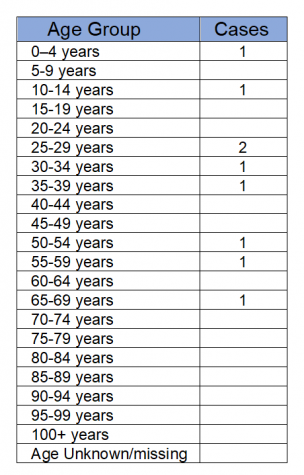
The opinions expressed in this paper are not necessarily those of Winona State University, the Minnesota State Colleges and University system, or the Winona State University student body.























































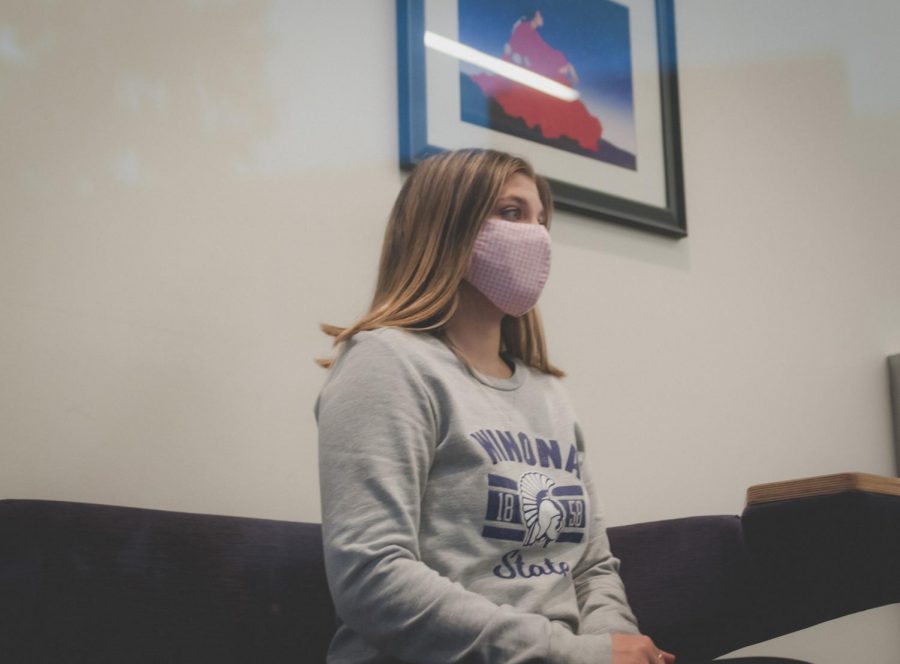
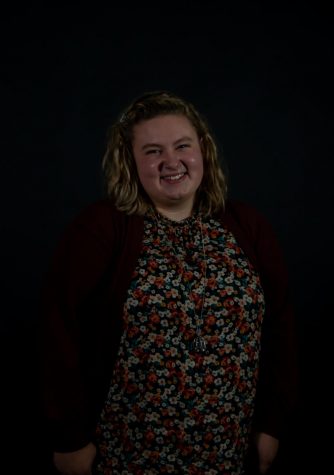





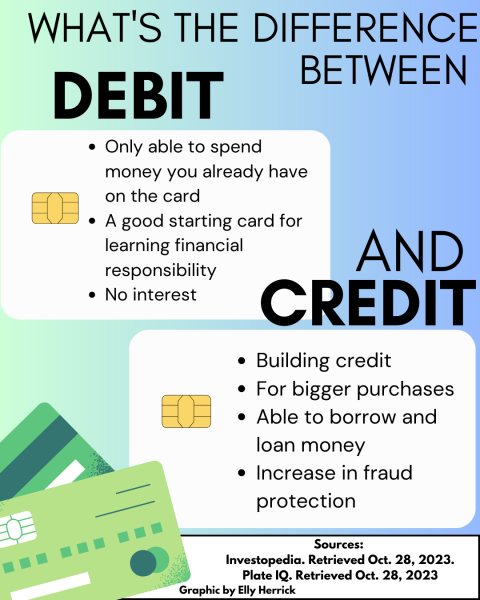
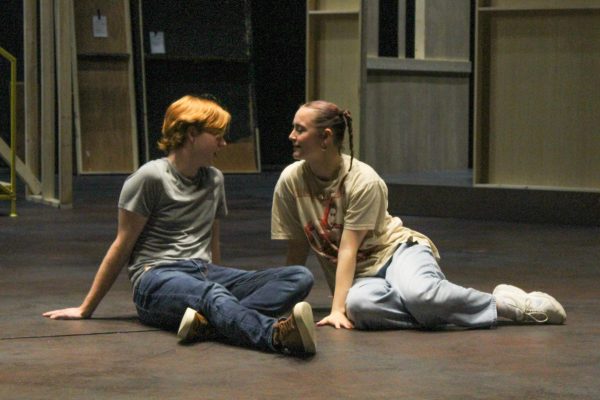
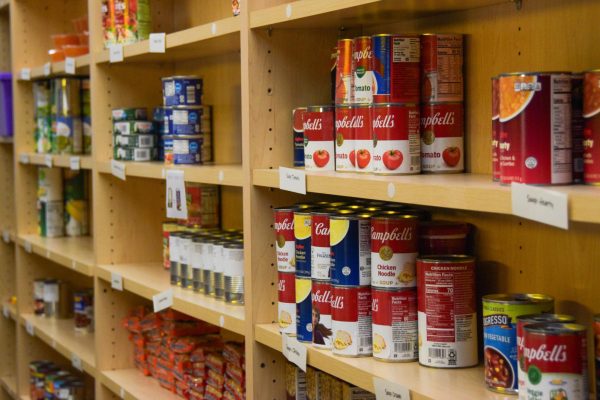
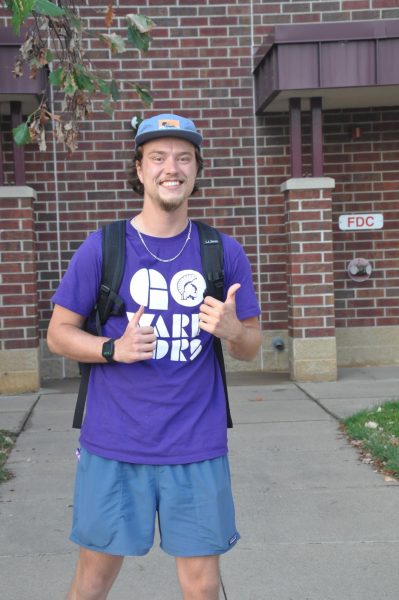
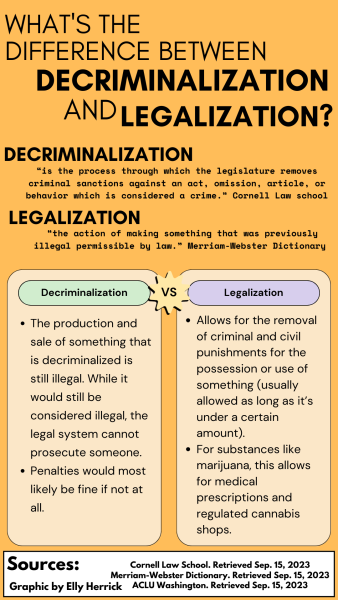
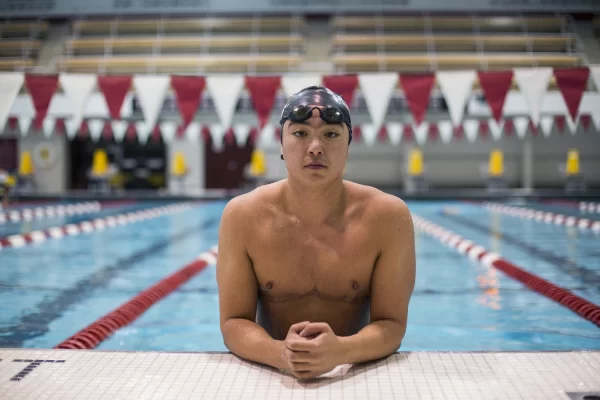
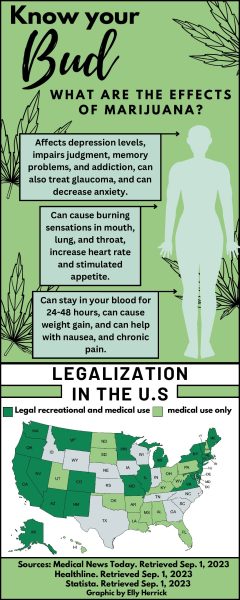
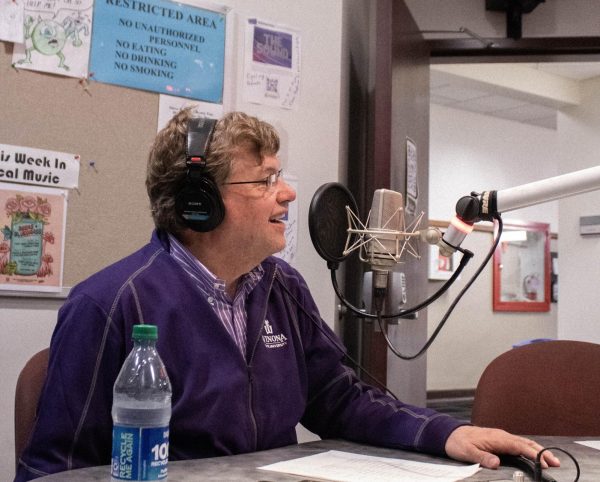
![“[Dr. Berg] you have done an amazing job of building this program and I have always been in awe at your ability to find resources in all sorts of nooks and crannies including your own pocket to bring to campus an amazing women’s history month program,” Dr. Hyamn said.](https://winonan.org/wp-content/uploads/2023/04/52844059083_5f6fb6176d_o-475x344.jpg)
